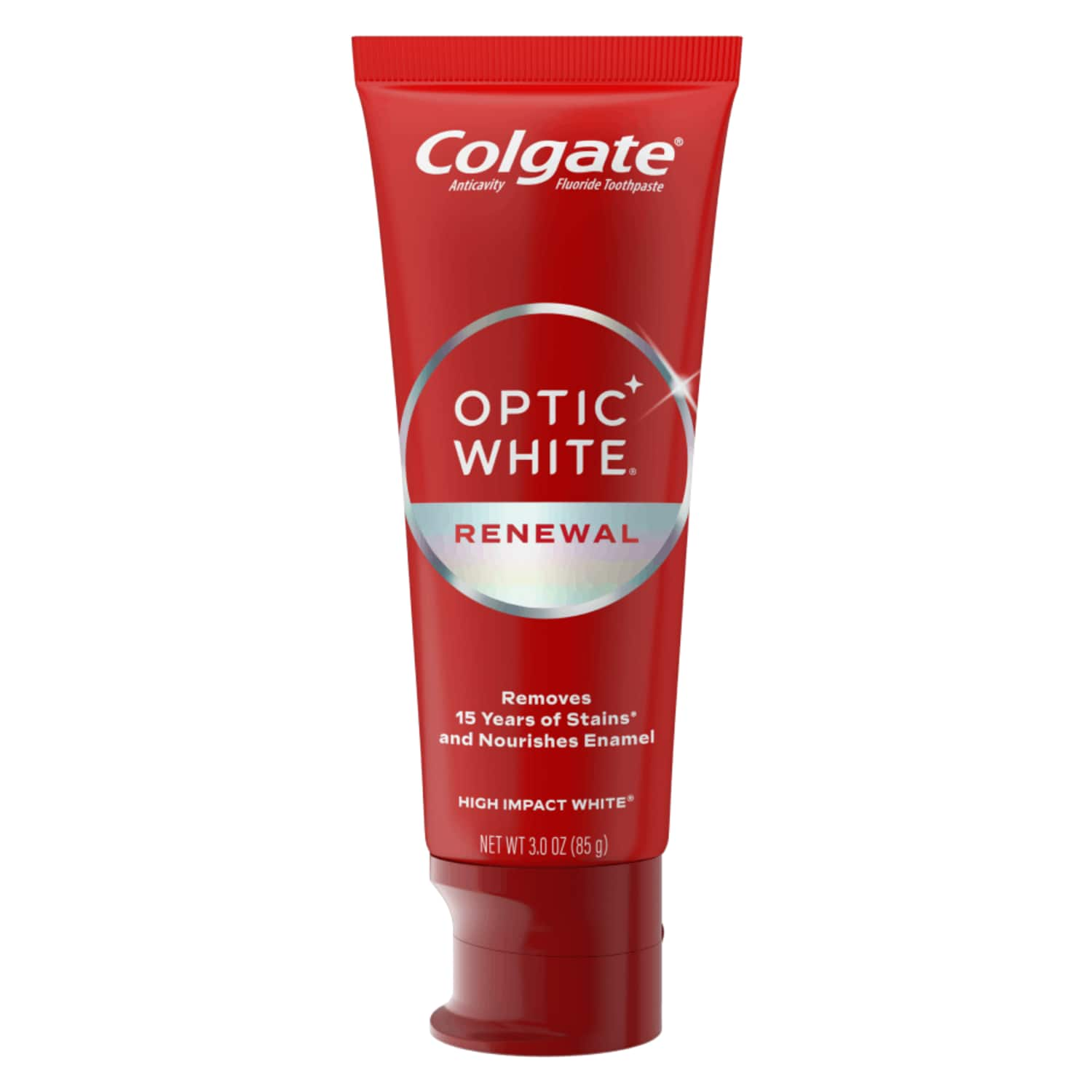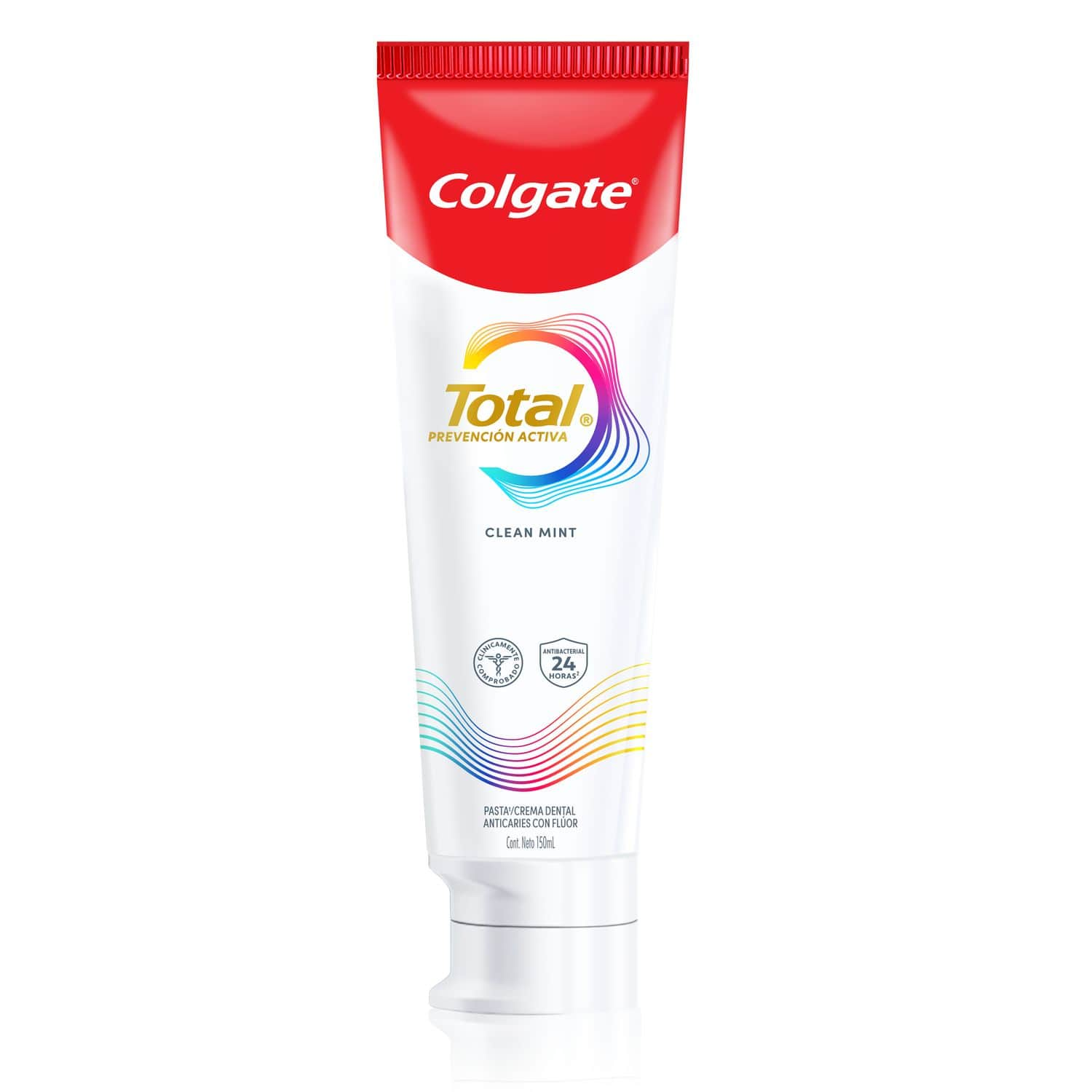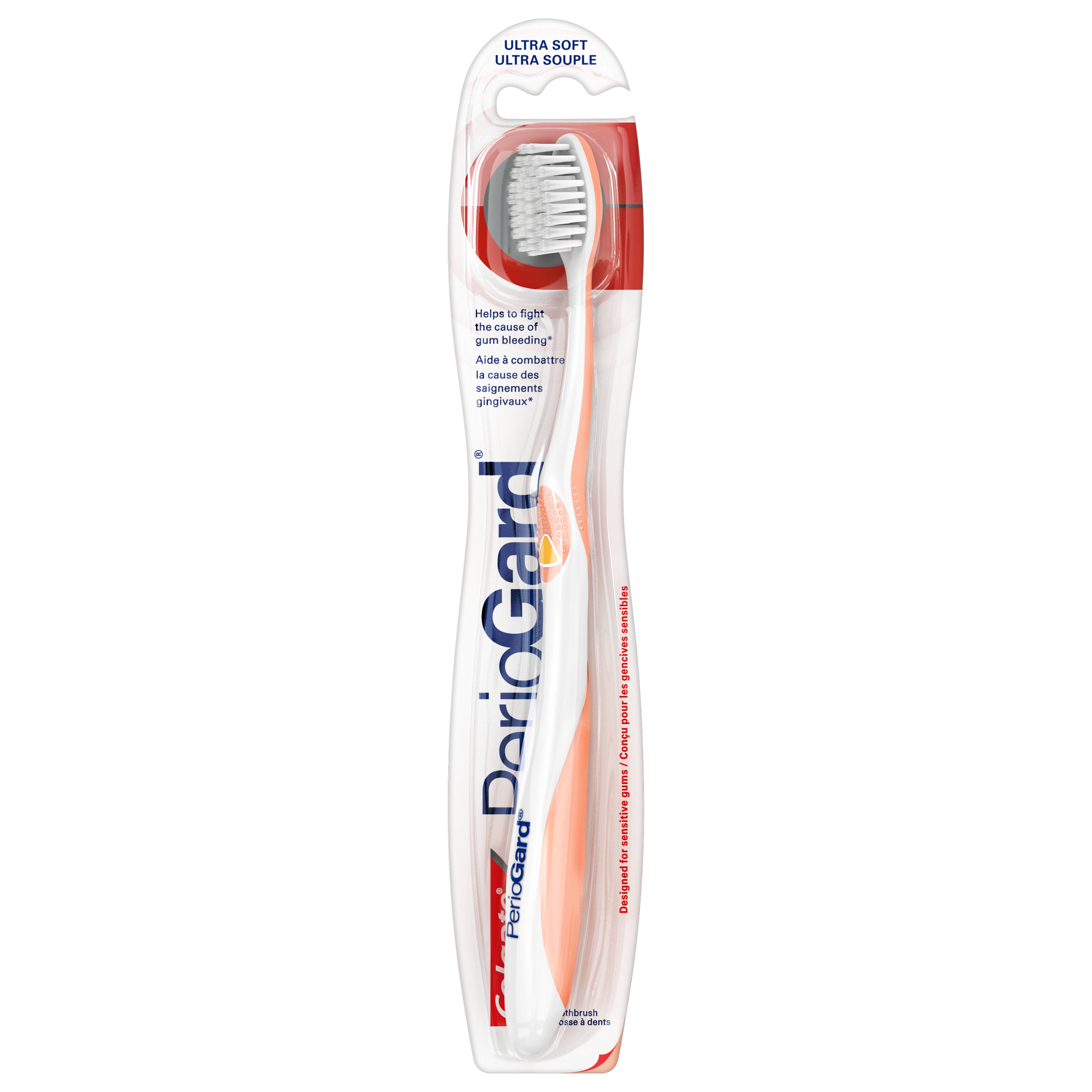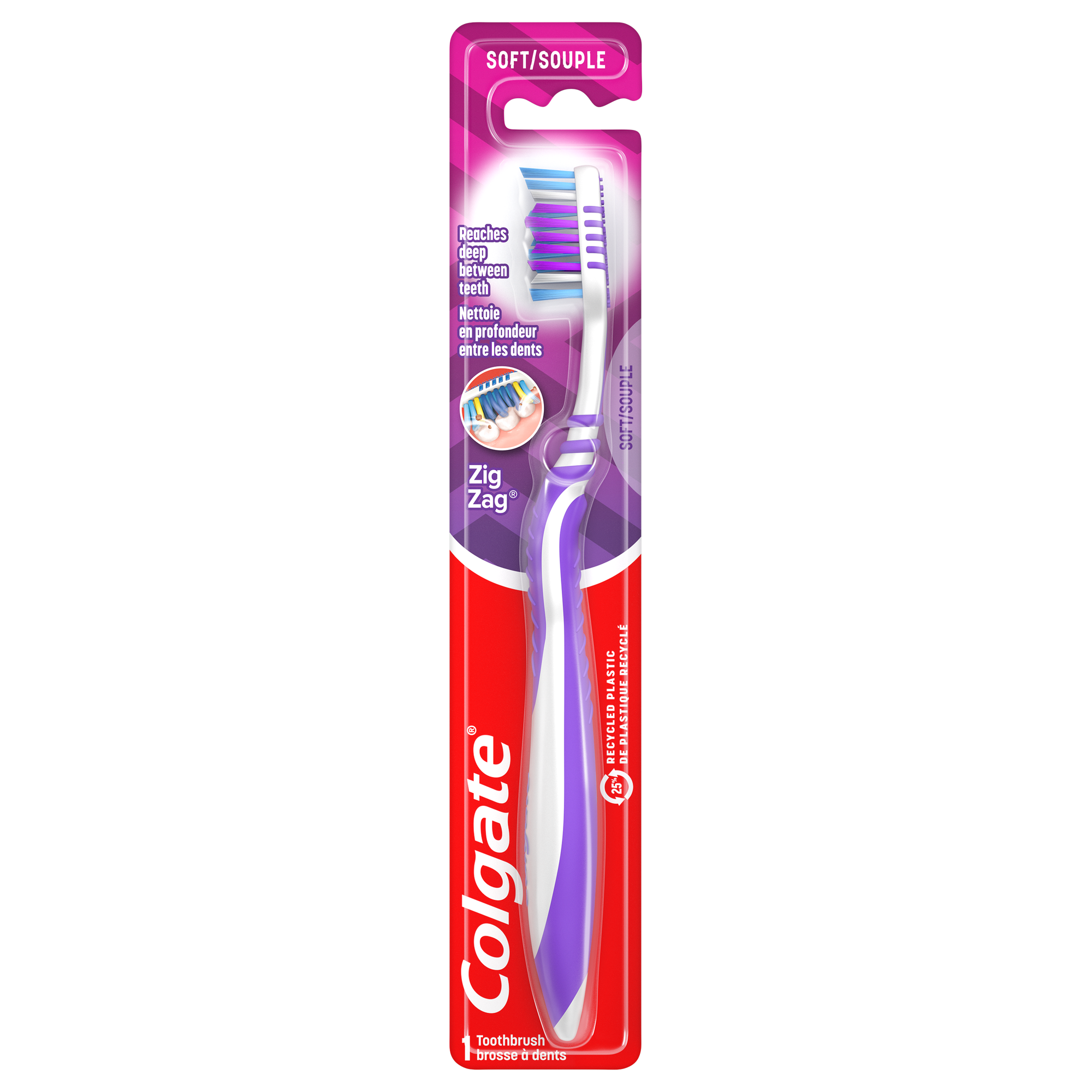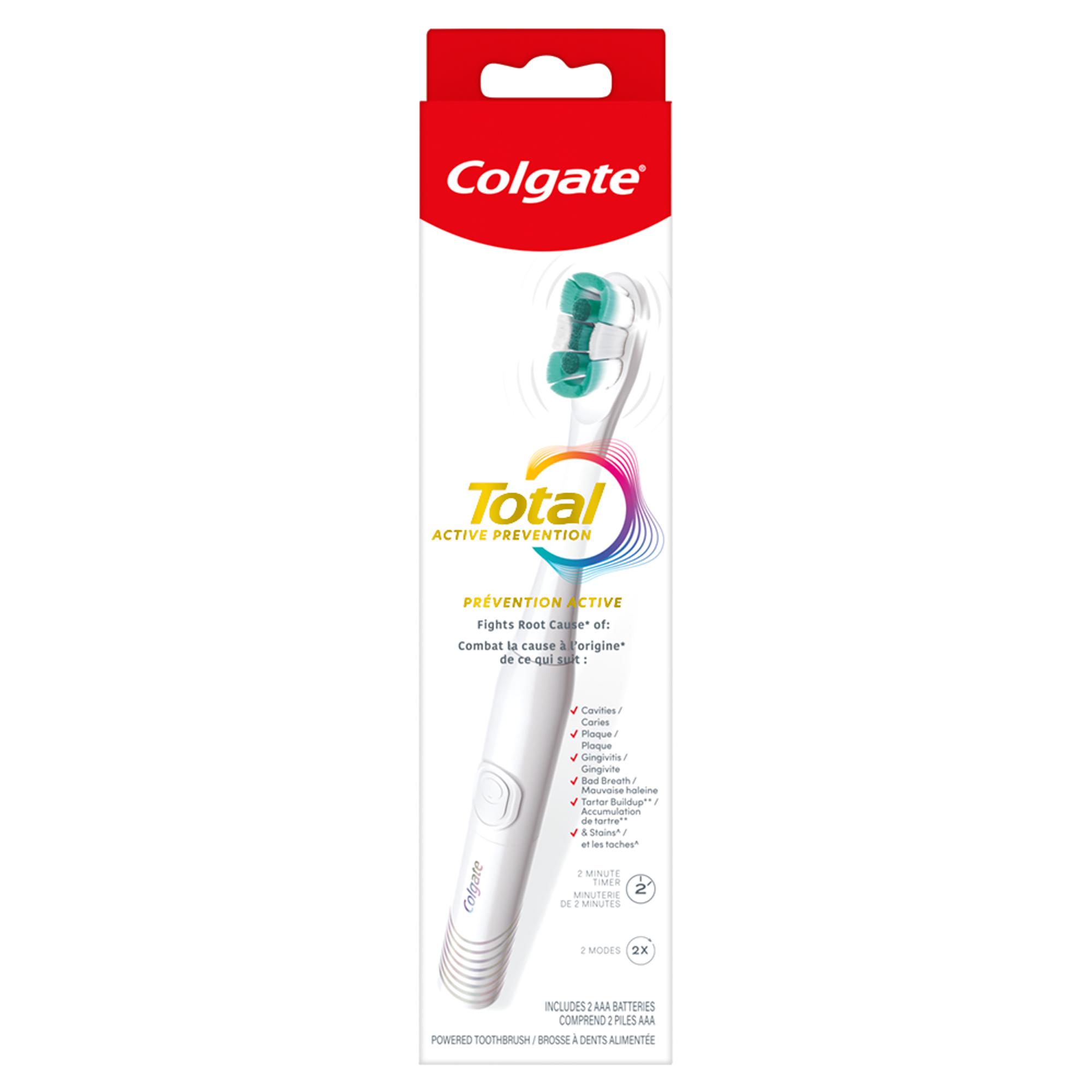-
-

TOOTH SENSITIVITY
What Causes Tooth Sensitivity & How to Treat ItIf you avoid eating cold foods or drinking hot beverages because your teeth are sensitive, it may be time to get...

NUTRITION ORAL HEALTH
How To Limit The Effects Of Sugar On TeethCookies, cakes, candies and sodas – everywhere you go, there are sugary treats to tempt you and your kids. The effects of sugar...
-
Science & Innovation
- ORAL HEALTH CHECK
- PRODUCT MATCH
- Colgate® | Toothpaste, Toothbrushes & Oral Care Resources
- Oral Health
- How to Treat Gum Disease: When You Don't Have Dental Insurance


An unfortunate reality is that not everyone can afford to have dental insurance. Poor dental health has a negative effect on your overall health. According to the Canadian Dental Association, research shows there may be a link between oral disease and other health problems such as diabetes, heart disease, stroke as well as pre-term and low-birth-weight babies. If you suspect that you may have gum disease, you should immediately seek the help of a professional. However, sometimes this may not be an option. Continue reading for information on how to treat gum disease at home until you're able to seek the help of a dentist.
Signs of Gum Disease
Without regular dental check-ups, you won't know that you have gum disease until your condition is in its advanced stages. The warning signs that you may experience with this disease include gums that bleed when eating, brushing, and flossing because they are swollen and tender. You may also notice that your gums are receding. When this happens, your teeth look longer. If you notice sores in your mouth or pus in between your gums and teeth, then chances are you may have gum disease.
Home Treatment Options
The only way to cure gum disease is to seek professional treatment. However, to help lessen your symptoms and reduce chances of it advancing, there are things you can do at home. If you're not already doing it, make certain you brush and floss at least twice a day. This will help reduce the amount of plaque buildup on your teeth. As you may know, plaque buildup is usually the cause of gum disease. Rinse your mouth with a mouthwash that's used to treat gingivitis. If you have a primary care physician, ask for a prescription for an antimicrobial mouth rinse. Or ask your dentist to suggest a mouth rinse. Lastly, avoid sugary foods and drinks. They contribute to tooth decay.
Reduced Rate Dental Care Options
The sooner you seek treatment, the better your chances are of saving your teeth and health. There are many options available for people without dental insurance; it will just take a little research. For example, dental schools have clinics so that its students can gain practical experience performing various dental procedures. These procedures are done under the supervision of an experienced licensed dentist at a reduced rate. Though most dental procedures require insurance coverage, some services are covered by government dental programs. This varies by province.
Gum disease is a dental issue that can affect anyone at any age. If left untreated, it can become a very serious issue. Learn more about how to treat gum disease in Colgate's Oral Care resources.
Related Articles

Gingival hyperplasia is an enlargement or overgrowth of the gum tissue. Learn the facts about gingival hyperplasia, what causes it, and how it is treated.

Scaling and root planing is a routine, non-surgical procedure done to treat periodontal (gum) disease.

Usually gum grafts are done by a periodontist, which is a dentist who treats conditions of the gums and the bone that supports them.
Related Products

Helping dental professionals
More professionals across the world trust Colgate. Find resources, products, and information to give your patients a healthier future

